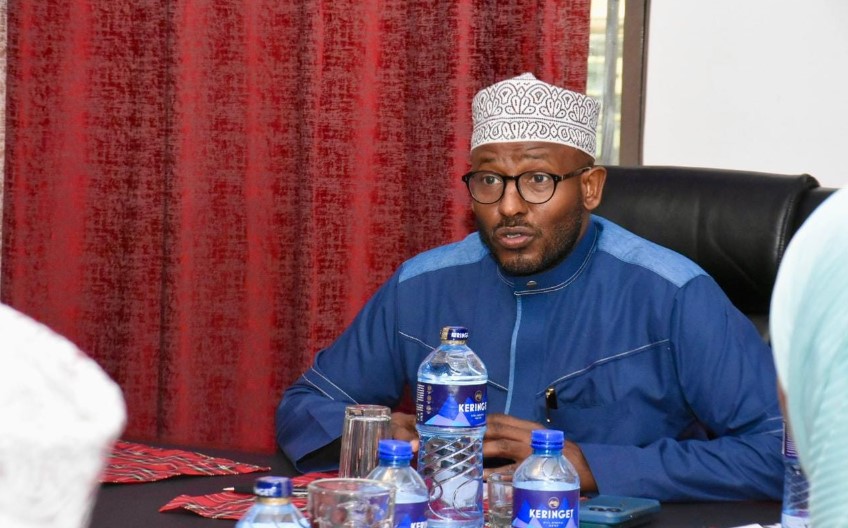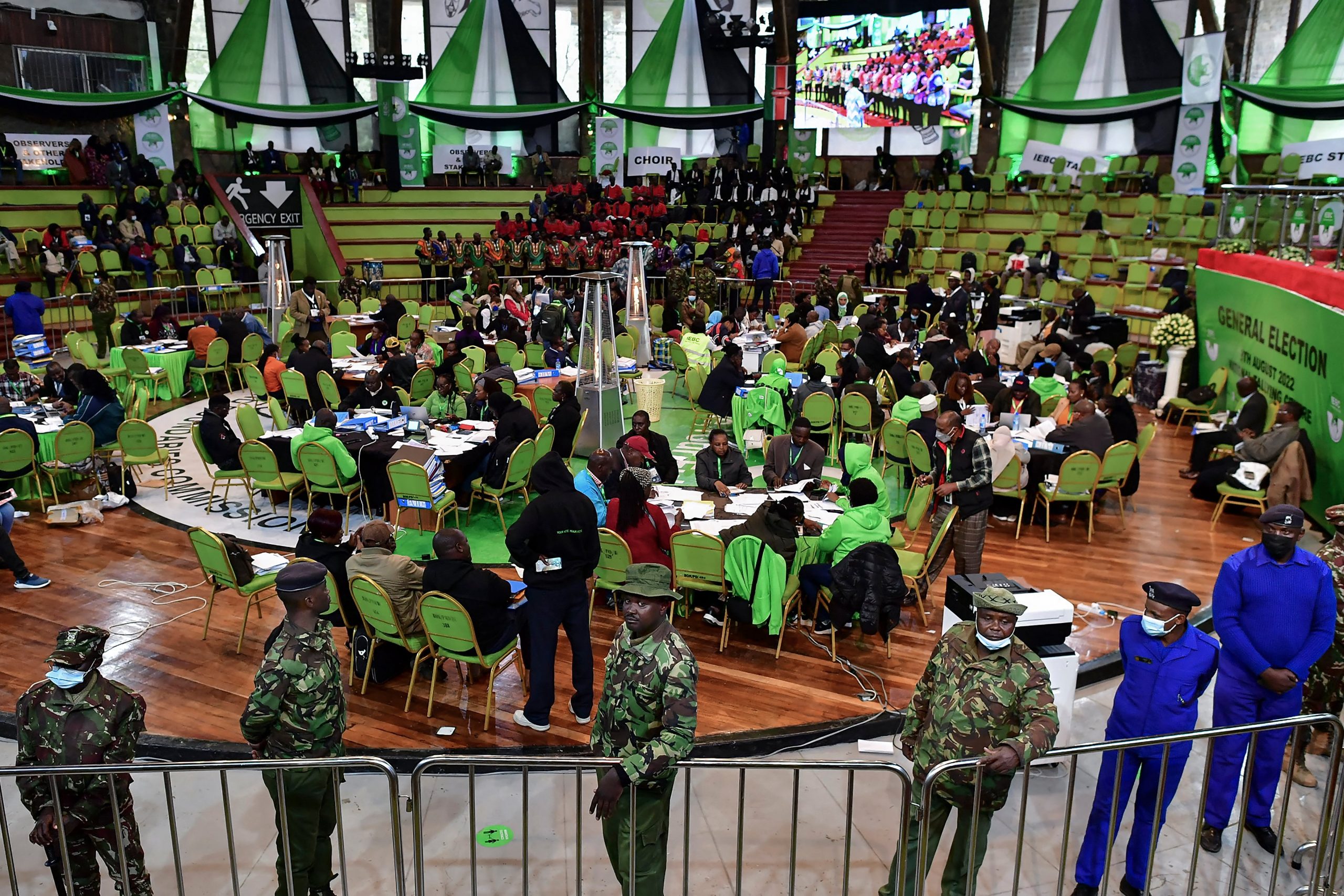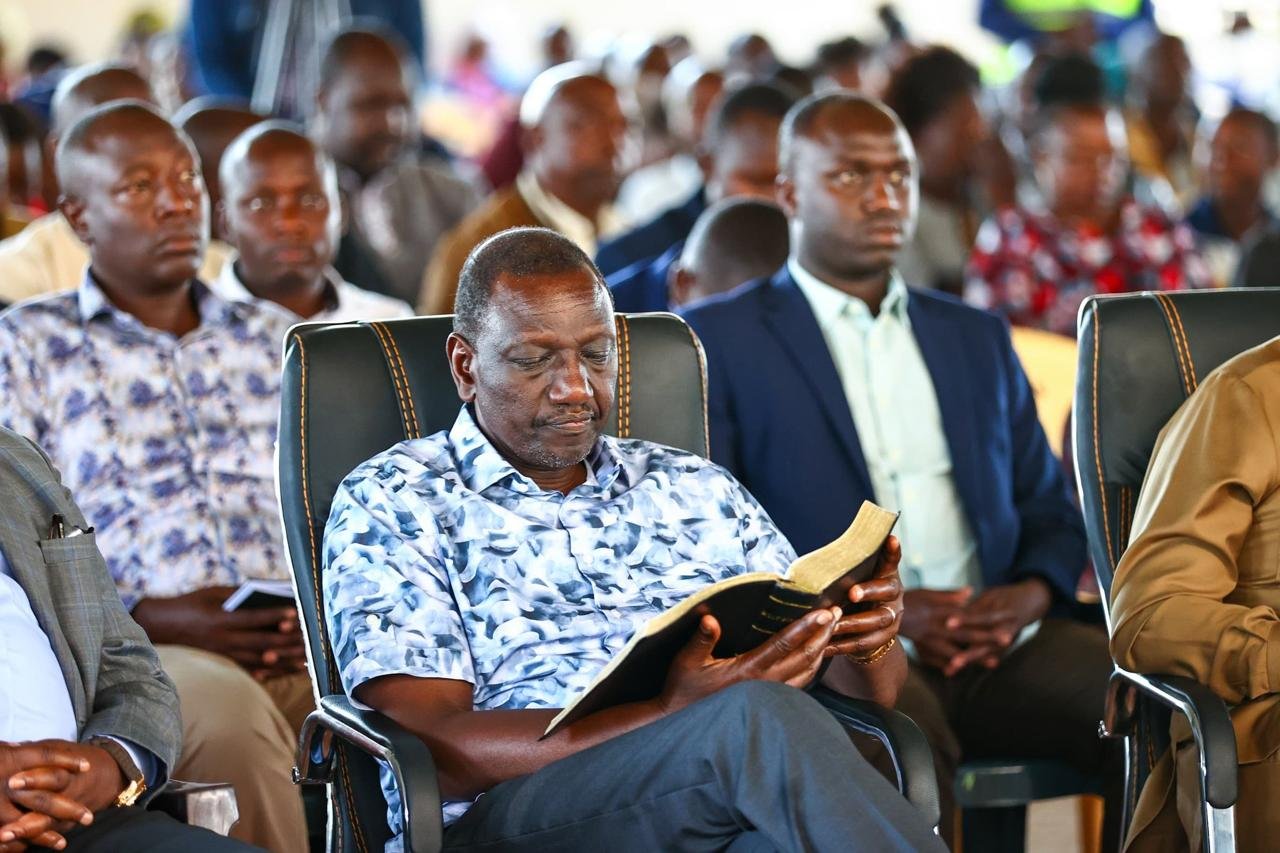By TWV Reporter
Wajir County marked Kenya’s 62nd Madaraka Day with a compelling showcase of progress under devolution, as Governor Ahmed Abdullahi highlighted transformative achievements in healthcare, agriculture, infrastructure, and urban planning.
Addressing the county-led Madaraka Day celebrations in Tarbaj, Governor Abdullahi emphasized the elevation of Wajir County Referral Hospital to a Level V facility as a pivotal milestone. He underscored the acquisition of a 128-slice CT scanner, replacing an outdated 64-slice model, as a critical advancement in diagnosing cardiovascular, neurological, and oncological conditions.
“The hospital now features state-of-the-art equipment for mammography, cardiology, interventional radiology, nuclear medicine, and specialized theatres for orthopaedics and paediatrics,” the governor stated, affirming that the facility is poised to become a regional centre of excellence in healthcare delivery.
To enhance medical services further, the county completed a modern Accident and Emergency Unit, expanding hospital bed capacity to 222. This new wing includes intensive care unit (ICU) and high-dependency unit (HDU) beds, a dedicated Accident and Emergency ward, pre-and post-operative rooms, 50 general ward beds, and four private rooms.
To address maternal mortality and fatalities due to insufficient blood products, Wajir commissioned a cutting-edge satellite blood transfusion centre. Equipped with advanced technology, including a refrigerated centrifuge, platelet agitator, and apheresis machine, the centre produces life-saving blood components and plays a vital role in managing the recent Kala-azar outbreak.
The county also established a modern mortuary to support medical training and forensic services.
Beyond Wajir Town, nine additional health facilities in Makoror, Griftu, Buna, Eldas, Bute, Habaswein, Sarif, Tarbaj, and Kotulo are undergoing upgrades with modern laboratories and operating theatres. Furthermore, 174 health facilities have been formally registered to uphold professional standards and patient safety, while 112 primary healthcare centres are now authorized to access the Social Health Insurance Fund.
Despite the persistent threat of Kala-azar in Wajir West, Eldas, Tarbaj, and Wajir North, Governor Abdullahi reaffirmed the county’s commitment to strengthening disease surveillance and emergency response systems.
The 2024/2025 budget allocates KSh350 million to improve water infrastructure, with an additional KSh72 million designated for forward-based water projects to support community-driven initiatives.
Agriculture and livestock, cornerstones of Wajir’s economy, have also seen significant investment. A solar-powered system at the county veterinary laboratory enables real-time disease diagnosis. Over 100 farmers have received training in fodder production, 70 shallow wells have been solarized, and 4,000 farmers have been provided with certified seeds. Mechanized land preparation has facilitated the cultivation of 674 acres, producing 7,845 metric tonnes of maize, sorghum, and other crops, valued at KSh670 million annually.
The county has finalized Local Physical and Land Use Development Plans for seven towns, Bute, Griftu, Hadado, Habaswein, Khorof-Harar, and Tarbaj, to enhance urban productivity, liveability, and investment potential.
In Wajir Municipality, 20,000 plots have been surveyed, including 3,000 in informal settlements, with title deeds for 5,000 plots currently in process. Infrastructure improvements continue, with 8.2 kilometres of roads tarmacked through World Bank funding.
To advance early childhood development, Wajir plans to construct 80 new Early Childhood Development and Education (ECDE) centres, supported by school feeding programmes providing fortified porridge to improve learning outcomes.
Governor Abdullahi also announced plans for a modern stadium in Wajir Town, set for completion by June 2026, to position the county as a hub for sports and youth talent development.
“Our vision is a healthier, smarter, and more prosperous Wajir. These milestones reflect our people’s resilience and the transformative power of devolution,” Governor Abdullahi concluded.





